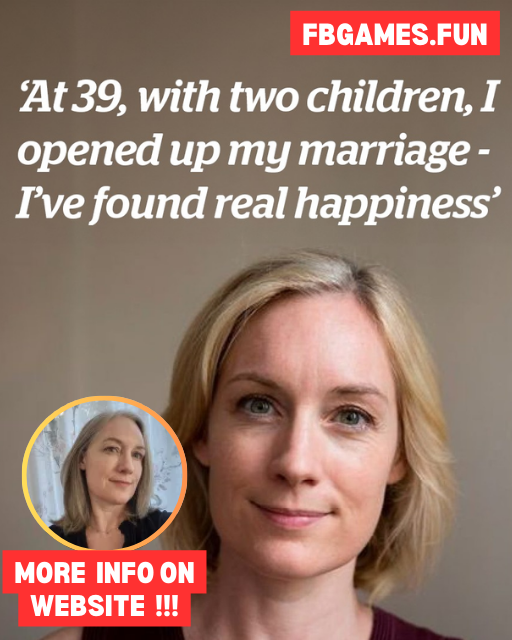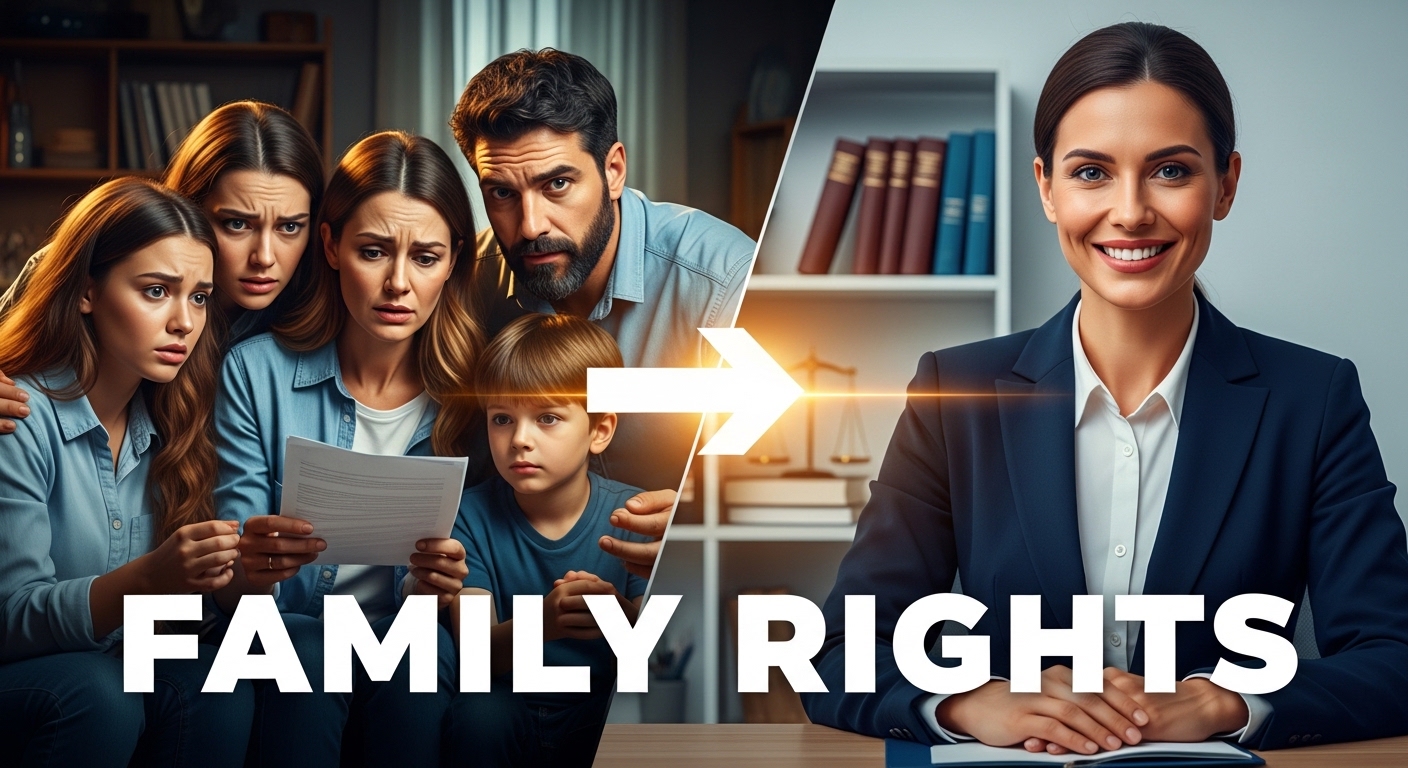As a new study reveals that those in non-exclusive relationships are just as happy as monogamous couples – for some, this is old news

As a young woman I defaulted to monogamy: it was all I knew. When I said an excited “yes” to a marriage proposal aged 30 to my boyfriend of a year, I never imagined wanting or needing anything other than forever monogamy.
After all, we are told “happily ever after” and finding “the one” is the right way. It was certainly the story I heard growing up – and the narrative arc I was following as I walked down the aisle in 2006. No one would have been more surprised than me to hear that nine years later, the very foundation of that belief would be shaken.
After 10 years I was increasingly miserable and frustrated in my marriage. It may seem counter-intuitive but, in many ways, the love and support within that romance created the conditions that led to my needing something else. Feeling so safe and loved, helped me to start writing. It was while researching my first novel, that I read Rewriting the Rules by Meg-John Barker and, within its pages, discovered concepts I’d never heard of before. I still remember how my body felt when I read about non-monogamy. Every part of me just sang: Yes, this!
These days, questioning the monogamous setup has become increasingly mainstream: the dating app Feeld, which describes itself as “for the curious” has seen a 500 per cent year-on-year increase in people searching the terms “ethical non-monogamy” and “polyamory”. And now, a new study has debunked the “monogamy superiority myth”, revealing that couples in exclusive relationships are not happier than those in polyamorous ones.
But in 2015, when I moved out of monogamy, it was still a niche choice.
My ex-husband Marc and I had many long and emotional conversations that summer. His compassion and respect for how I felt and what I needed led to us opening up our marriage.
For the next year, the change brought us closer. Then, as I changed and he explored his own needs further we agreed to separate. Ending my marriage was the hardest thing I’ve ever done but, nearly ten years on, we remain close as friends and co-parents. I don’t think many people can say that after 20 years of knowing each other.
Those early years of navigating non-monogamy brought me up very hard against all the ways I needed to get much better at communicating. The learning curve was steep and painful – TV programmes about non-monogamy always feature someone sobbing in a corner for a reason. It was confronting to have to do the work of breaking old patterns (being anxiously attached and having your partner go on a date with someone 15 years younger than you presses all the buttons) but also incredibly rewarding.
Many people in my life felt unsettled by my choice; others were intrigued, by what ended up being my very public move. With increasing confidence, I explored and enjoyed non-monogamy for seven years – and then, unexpectedly, I spent two further years in another monogamous relationship. It was what was right for that time, with that person.
It’s not always easy. Juggling schedules, arguing over childcare and date night: these are common problems to many people in monogamous relationships but they can be multiplied by ten in non-monogamy. The feelings that multiple dating can bring up are like a rollercoaster: intense highs and insane lows. Think you feel bad about your boyfriend going down the pub? Wait until you get a text at 1am saying they’re going home with someone. In many ways I’ve never felt worse than while being non-monogamous. But I’ve also never felt better: anything important, or valuable, is rarely easy.
‘Choose your own adventure, and don’t be afraid to let it change you along the way’
People often ask: but what about the children? I’ve been lucky that I have always been able to be open about my choices but many people I know still feel unable to share their perfectly valid preferences with close friends let alone family. I’ve talked to my kids about choice and consent as well as about my own choices, in an age appropriate way, since they were small. Anyone who was raised by deeply unhappy parents knows the harm that staying “for the kids” or adultery can do.
Now at 48, having been solo now for 18 months, and having moved consciously in and out of both ways of life, I feel that a solo polyamorous setup suits me best. I am not looking for a live-in or full-time partner. I like the idea of keeping relationships spacious and light, making connections that are based in friendship and allowing them to evolve as they will. I also cherish the freedom to put my needs first: I’m just as likely to choose a weekend alone as I am to choose one full of dates or catch ups with the people I’m seeing.
The new study highlights non-monogamy as a bulwark against the heartbreak of infidelity. Having seen my fair share of cheating and poor behaviour within non-monogamous relationships, I would say this is far from the truth. Consensual agreements can be broken as easily as a wedding ring can be slipped off.
I vividly remember the man who told me that he hoped opening up his relationship would mean that his girlfriend would just meet someone else so he didn’t have to break up with her. And, sadly, I’ve heard too many people admit to keeping dates and experiences secret even when they didn’t have to. Frameworks don’t protect against cowardice. We have to learn to be brave enough to speak of what we need and own it: take what you want but pay for it.
I hear stories every month from people within the non-monogamy community about the criticism and discrimination that they’ve experienced. We’re still a sex-negative culture in so many ways and there’s still a lot of shaming that goes on towards all genders. There can often be a, “Well, I put up with this so why can’t you?”, or a “why don’t you just cheat quietly like the rest of us?” mentality.
After 10 years of exploring different relationship frameworks, the first question I still get asked is: what about jealousy? But jealousy and insecurity, not feeling like a priority to someone who is important to you, can be, and very often are, big issues in committed monogamous relationships too.
Yes, non-monogamy can bring unique challenges, like the time a pair of black knickers were “returned” to me and I had to point out, in good humour, that they weren’t mine. But non-monogamy brings unique freedoms too. The freedom to explore sexual experiences and dynamics that might not be available to you with one partner is the one most people think of first, but there’s also the opportunity to think about what you really need, to go ‘off-piste’ in your life. There is also the freedom to new friends, have more love in your life and feel supported to grow.
Being on this journey for the past decade has changed everything for me. I’ve met (and been ghosted by!) more people than ever before as well as lost friends who felt they could not support my choices. I’ve cried in a lot of corners. But I’ve also found an incredible community of open-minded, vital people and a peace in my solo-ness that I never dreamed possible. The strangest thing has been that being open to multiple relationships has made it even easier to have none.
What I think is wonderful is that, now, with the subject being more openly discussed, we’re able to see the full range of options and to make choices about what suits us best.
And my advice, in the end? The best way to feel secure, content and create a life full of intimacy and joy is this: choose your own adventure, and don’t be afraid to let it change you along the way.
Anita Cassidy is an author and founder of conscious relationship platform, Alethya











